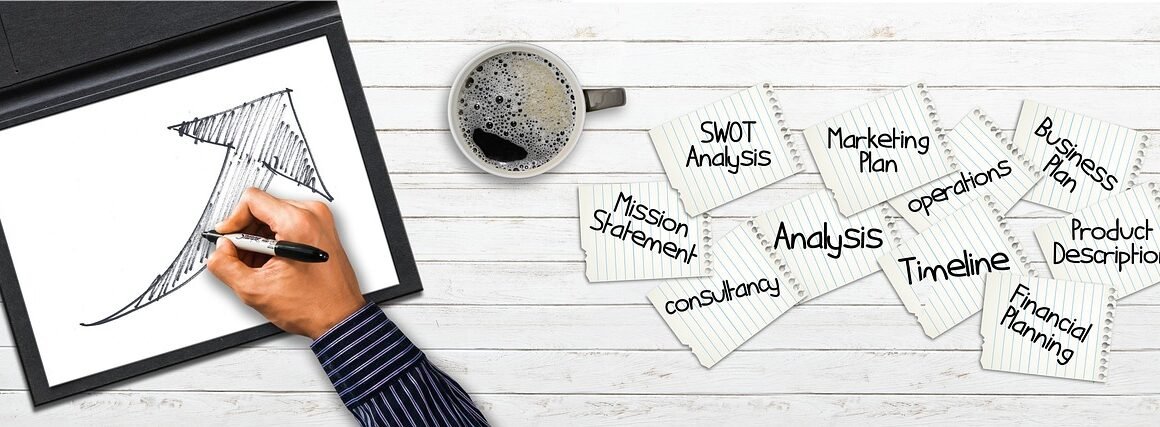Tax deductions are a vital part of personal and business finances, representing a way to reduce taxable income and, as a result, the overall tax burden. Understanding tax deductions can empower taxpayers to optimize their finances and keep more of their hard-earned money. This blog post will explore various aspects of tax deductions, including types, eligibility criteria, benefits, and practical examples.
What are Tax Deductions?
Tax deductions are expenses that taxpayers can deduct from their total income to reduce the amount of income that is subject to taxation. By lowering taxable income, individuals and businesses can decrease their overall tax liabilities.
Types of Tax Deductions
- Standard Deduction: A fixed dollar amount that reduces the income you’re taxed on. It varies based on filing status, age, and whether you’re blind.
- Itemized Deductions: Personal expenses that can be deducted from adjusted gross income, including but not limited to:
- Mortgage interest
- Property taxes
- Medical expenses exceeding 7.5% of AGI
- Charitable contributions
- Above-the-Line Deductions: Deductions that can be taken before calculating AGI. Common examples include student loan interest and retirement contributions.
Eligibility for Tax Deductions
Eligibility for tax deductions varies depending on the type of deduction claimed. Understanding these eligibility requirements is crucial for maximizing potential savings.
Income Thresholds and Filing Status
- Standard deductions might be limited based on income levels. For example, taxpayers claiming the standard deduction must meet the requirements set for their filing status (single, married, etc.).
- Some deductions phase out for higher-income earners, meaning you may only get a partial deduction or none at all.
Documentation and Proof
To claim any deductions, taxpayers must provide documentation. Here are important documents to maintain:
- Receipts for deductible expenses
- Bank statements
- Tax forms, such as W-2s and 1099s
Benefits of Tax Deductions
Utilizing tax deductions offers significant advantages that go beyond just a lower tax bill.
Financial Savings
Reducing taxable income leads directly to lower tax bills, which conserves cash flow.
- For instance, if you are in a 24% tax bracket and you claim a $1,000 deduction, you save $240 in taxes.
Encouraging Specific Behaviors
By offering deductions for certain expenses, the government encourages specific behaviors, including:
- Investing in education
- Charitable giving
- Homeownership
Common Tax Deductions for Individuals
Many individuals may overlook tax deductions that they qualify for. Here are some of the most common deductions:
Medical and Dental Expenses
These expenses can be deducted if they exceed 7.5% of your adjusted gross income (AGI).
- Eligible medical expenses:
- Hospital visits
- Prescription medications
- Long-term care insurance premiums
Education-Related Deductions
Taxpayers may qualify for:
- Student loan interest deductions of up to $2,500.
- Tuition and fees deductions for higher education expenses.
How to Claim Tax Deductions
Knowing how to properly claim tax deductions is essential for ensuring that you get the maximum benefit. Here’s a step-by-step guide:
- Gather Documentation: Collect all necessary receipts and tax documents.
- Choose Between Standard and Itemized: Assess which method benefits you more based on your financial situation.
- Fill Out Tax Forms: Use the appropriate IRS forms to claim your deductions (e.g., Schedule A for itemized deductions).
- Review and Submit: Double-check all entries to ensure accuracy before submitting your tax return.
Conclusion
Tax deductions play a crucial role in managing your personal and business finances by reducing taxable income and, consequently, tax liabilities. By understanding the different types of deductions available, eligibility criteria, and how to claim them, taxpayers can make informed decisions that enhance their financial health. Always keep your records organized and consult with a tax professional when in doubt to maximize your deductions and minimize errors. Take control of your tax situation today and reap the financial benefits that come along with smart tax planning.




